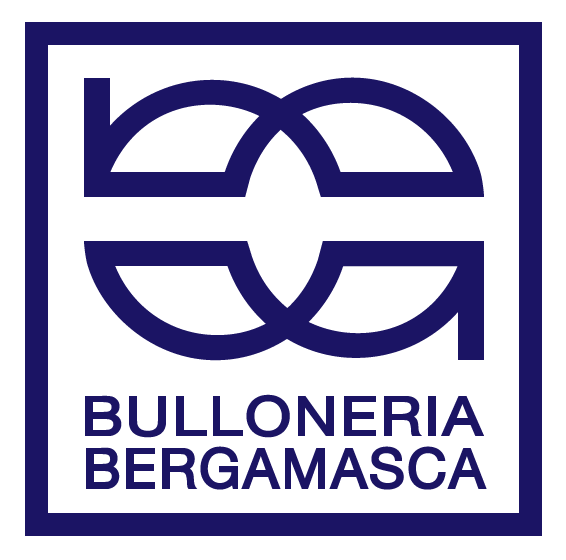28 Giu Asian Wedding Mark Meanings
When it comes to Hard anodized cookware weddings, they might be huge, multi-day cultural extravaganzas filled with countless ceremonies and explications. These kinds of events are likewise surrounded by many symbols of luck, into the prosperity. So whether you’re planning an Asian wedding ceremony or simply would like to learn more about these practices, read on to discover a number of our favorite Oriental wedding sign meanings.
One of the most popular China wedding https://www.bbc.com/worklife/article/20221129-the-trust-crisis-facing-women-leaders icons is a Double Joy character. The sign, noticable shuangxi, is certainly two imitations of the Chinese language language character designed for joy connected in concert and symbolizes absolutely adore, harmony, luck and enjoyment. You’ll find this kind of auspicious identity designed into all the things from wedding party decorations to invitations and red papers.
A second popular Far east wedding sign is the dragon and phoenix az. The two main mythical critters are believed to get Look At This benefits of well-being, wealth and prosperity. They’re sometimes seen embroidered on the bride and groom’s clothes and decorating their marriage ceremony cake.
The Tea Ceremony
A regular aspect of the Offshore wedding may be the Guo Mouthpiece Li ritual. The wedding couple serve nice tea with each other’s families to draw the beginning of a brand new chapter in their lives. This often takes place in the bride’s brand name Teochew & Hokkien with the groom’s house for Cantonese & Hakka. The individual who all conducts this kind of ritual is different according to the bride’s dialect group – to get Teochew & Hokkien they have typically the groom’s mother or grandmother, while for Cantonese & Hakka it could be the groom’s elderly wedded aunt with children or his eldest female cousin if probably none of their relatives are available.


